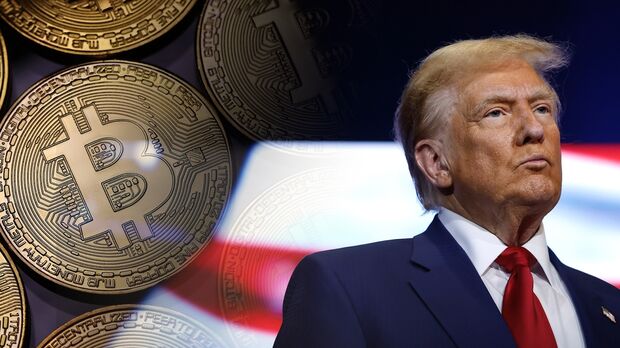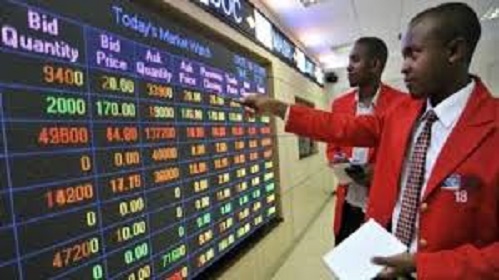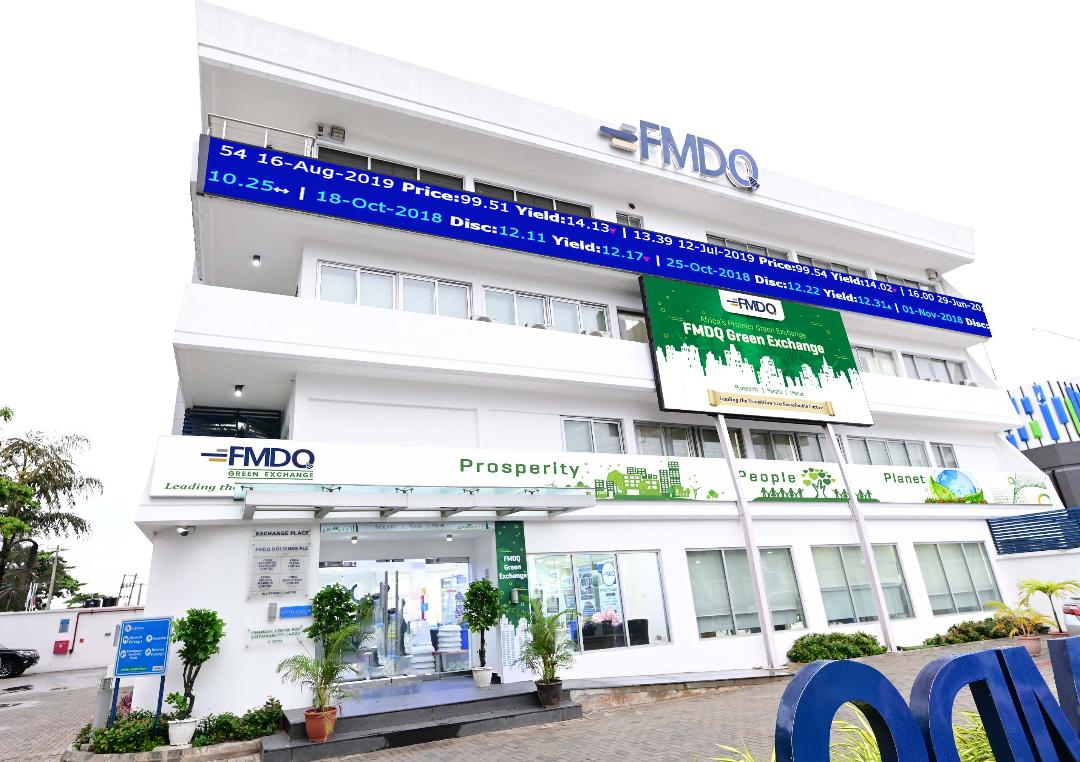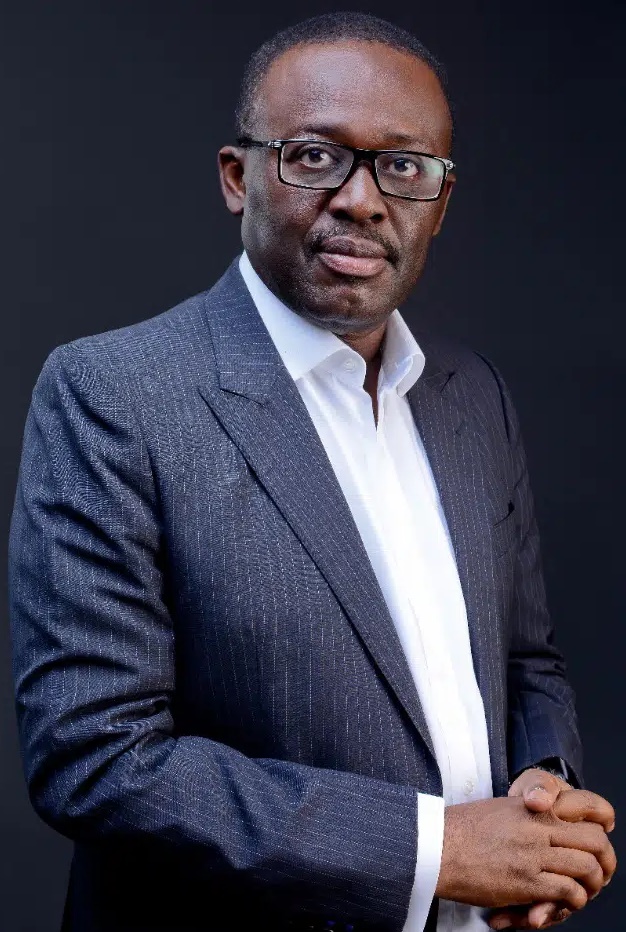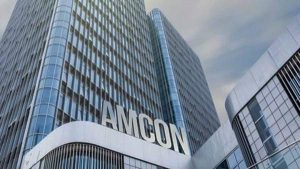
By Victor Ogiemwonyi
An economy’s addressable market is the total demand for goods and services, backed by citizens available purchasing power. Whenever Nigeria is discussed with respect to its market the general assumption is that its huge population translates to a large market. This is a fallacy. The recent economic hardship in the country is revealing clearly that the purchasing power available to back the population for a meaningful addressable market is lacking.
We can see this in the low consumer purchasing power lately where support for even little things like subscription for basic services like telephone, cable television subscription, etc, are slowing down very rapidly. For example, despite Nigeria’s adult population of 103 million Netflix subscription in the country is less than a mere 200,000 units, even when subscription cost a mere N8,500 monthly. These are indicators that our households are now unable to pay for basic things such as these. Some estimates estimate spending in the lower middle class on food alone at over 50% of available household income.
The price on many consumer product packages have been adjusted to reflect the new term “shinkflation.” Essentially, with manufacturing companies shrink their product offerings to smaller sizes in the face of soaring input costs, because consumers cannot afford any further price hikes.
The tough economic conditions have sapped the purchasing power of consumer in recent times. The twin issues of rising inflation and Naira devaluation is blamed for this. Coming on the hills of the recent economic reforms that the Federal Government has embarked on, beginning with getting rid of the ruinous fuel subsidies and aligning the Naira with the market.
Critics, however, say these were the wrong steps to take, even as many analysts, including this writer, believe those were the only alternatives, as not undertaking these reforms at the time would have spelt disaster. Too many past leaders were unable to take these decisive steps to kick-start the needed reforms thereby worsening the economic situation. What we are experiencing now is the result of years of failure by past administrations to take the right steps.
The accumulated pains is what we have suffered to this day.
Imagine if the Goodluck Jonathan Administration who rightly saw the need for this decision in 2014 had taken the same decision instead of succumbing to pressure from the elite who are the major beneficiaries of the subsidy regime. Nigerians would have suffered less than what we are experiencing today.
This is the clear example of leadership being able to have clarity about an issue and taking the decisive actions in the national interest leaders who pander to the now and in the process get the nation into deeper trouble. Failure to taking a decision is failure to do the needful and therefore a bad decision. That missed opportunity is what we are suffering today.
Let’s look at what taking the hard decision to remove the subsidies have achieved. States and local governments now get a larger share of the monthly FAAC allocation, thereby enabling them to pay salaries effortlessly, besides providing other vital social services the society needs.
The decision to remove subsidy on petrol has rationalised consumption of fuel among Nigerian elite especially who previously own and buy fuel for three to four SUVs even when they did not need it. They now know the difference in buying fuel at N197 per litre, and buying at N1000 today.
Aligning the Naira to market forces has also eliminated one of the biggest source of corruption in Nigeria. The multiple rates for the Naira was an enabler of corruption. The 100% devaluation of the Naira is responsible for the high inflation and higher cost of living we experience today.
These pains will, nonetheless, all be temporary.
Suppose the over $100 billion spent in the defence of the Naira in the last 15 years was put in Nigeria’s external reserves, it would have attracted more Foreign Trade credit with the Naira and the economy becoming far stronger than they are today.
It is however noteworthy that the nation’s economy is already witnessing a improvement in balance-of-Payments over the last few months. Although it is yet early days, the current lower value of the Naira will attract foreign investments and encourage exports, a situation that would earn us more Foreign Exchange, and generally improve our economic prospects, This will ultimately translate to higher productivity and a stable Naira that will lead to a higher standard of living in the long term.
What we need is a stable Naira, we can plan on. Imagine you want to build a factory you expect to be in operation in three years and become profitable in five years. If you make your projection with N2,000 to the Dollar as exchange rate, you are likely to assume that nothing will derail your plans. It is only when you can guarantee this certainty in the process of planning that investors can invest for the long-term.
We are already seeing the opportunity and the incremental recovery, but it is going to take many years to accomplish, but we are on the road now. The double whammy of high inflation and Naira devaluation is taken a toll on household incomes, with the consequential effect of higher cost of living. We must, therefore, work to raise household incomes now.
Road To Reflating The Economy
It is no rocket science that increasing household incomes to enhance purchasing power is key to getting us out of the present deep discounts to the Naira, and has also lowered the value for our assets and our standard of living.
The government has taken some positive steps in this direction despite the inflation challenge that has constrained immediate re-inflation. This include, the doubling of minimum wage from N35,000 to N70, 000, providing loans for students of tertiary institutions with the creation of of Nigerian Education Loan Fund, as well as provide access to credit, like the Credit Corp that will give credit to consumers, payable in installments. Their model is compelling: they will offer credit to institutions for on-lending, which is critical to ensuring quick spread, and leave, lending to those who can do it and hold them accountable. This will ensure repayments to sustain and even expand the programme.
There is also the loan – guarantee company that will give standby guarantees for credits to small businesses. These are all in the direction to re-inflating our purchasing power and ensuring a quick recovery for the economy.
The bigger picture must focus on growth of the economy, because a double digit growth for five years will reduce poverty considerably and improve productivity and higher standards of living.
Aspiring to a $1tr economy is a good thing even if we end up with a $750bn economy in 2030, it will mean a much higher GDP with the attendant growth. All efforts must be geared to achieving this aspiration.
giemwonyi, a retired Investment Banker, writes from Ikoyi, Lagos via marketconversations.sub-stack.com


